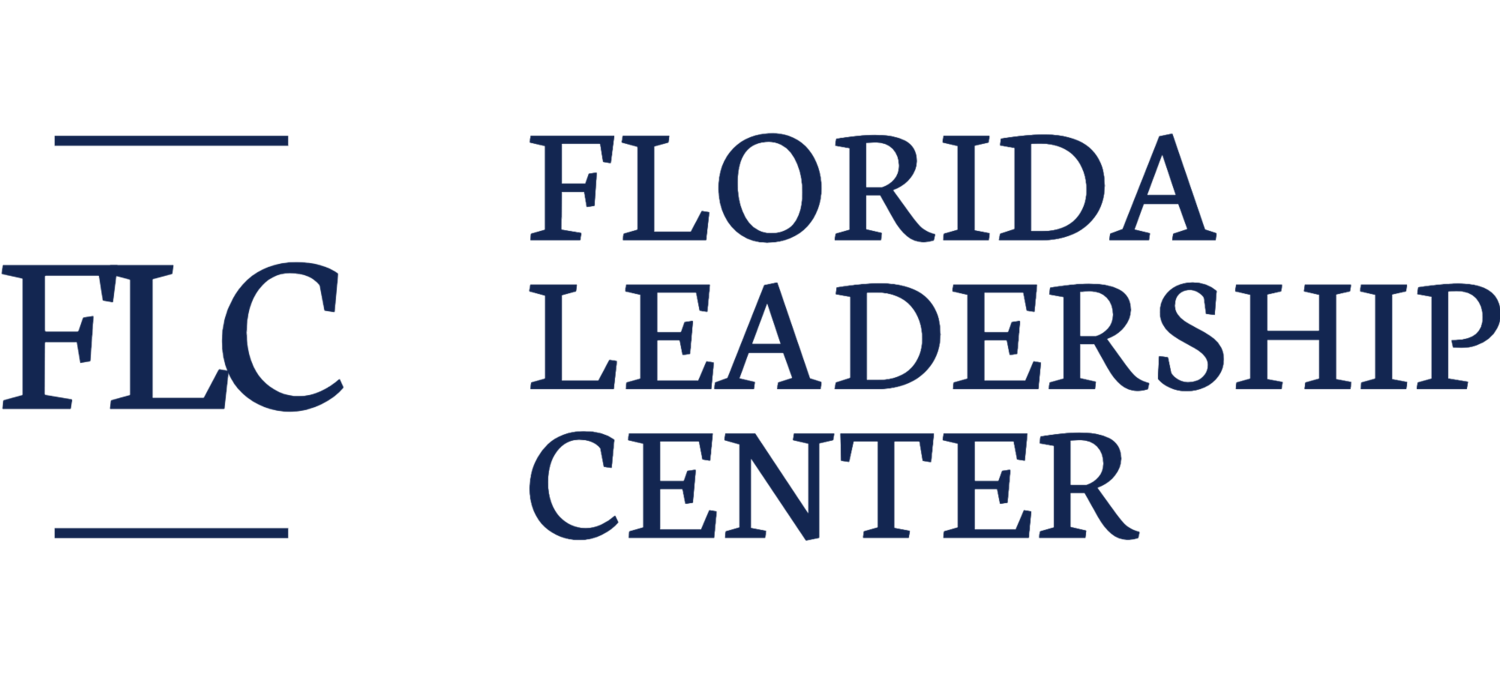The Minimum Viable Leader (MVL)
Over the last two decades, the concept of a Minimum Viable Product (MVP) has emerged as a powerful tool for rapidly developing technology, products, and services that change the world.
As more industries and various areas of human endeavor have adopted “lean startup” techniques, including the MVP, the idea of reducing features, delivering value quickly, and making immediate improvements based on customer feedback has become almost an expectation for anything new.
Looking back, the benefits of quick delivery and the arrogance of attempting to build “fully-formed” products without any input from end-users seems obvious. In reality, however, this is new ground and early days.
So what does this have to do with leaders?
Traditionally, leadership development methods and practices seem to have more in common with the idea of delivering something (or in this case, someone) “fully-formed” than it does with the ideas that emerge from “lean startup.”
Leadership is often title-driven and positional. Organizations create long runways and career paths, selecting and investing in a limited few that will, one day, given enough training and with proper approval, be designated “leaders.”
It’s not surprising that these same organizations voice frustration with a lack of leaders and leadership.
But what if we thought of leadership as something that was closer to a service or thought of leaders as something similar to a product? Would it change the way we developed leaders? Could we deliver leadership and leaders more quickly to the market — wherever they’re needed most?
At Florida Leadership Center, we’re exploring what it means to deliver a “Minimal Viable Leader” (MVL) - someone who is not “fully-formed” in their leadership but has just enough training and just enough practical experience to deliver real leadership value wherever they land. As they get “feedback” from their customers — those they lead and those they serve by leading — they make immediate improvements in the areas where they, specifically, need them most.
So what makes an MVL? What should be the standard before these new leaders are “shipped?”
We’re early in our hypothesis, but we believe the following elements certainly should make the list:
Identity
Purpose - a leader should know “why” they lead and the value of leadership.
Mission - a leader should know “what” they’re here to accomplish and “who” will join them in that work.
Strengths - a leader should understand “how” they’re specifically equipped to deliver and accomplish their mission.
Practices
Reflection - a leader should practice self-reflection, understanding how to replicate success and correct failures.
Learning - a leader should practice lifelong learning, continuing to grow, mature, and evolve.
Team Performance - a leader should practice inviting and investing in others to build teams that achieve outsize results.
Endurance - a leader should practice the patience, persistence, and perseverance that allow teams to transcend troubled times.
Multiplication
Our Leadership Story - a leader should know how to share an organization’s story and create awareness around a bigger mission.
My Leadership Story - a leader should know how to share their own story as a humble model of what it means to fail and succeed as they lead.
Patterns to Scale - a leader should know how to practice and pass on a proven process for producing as an individual, a team, an organization, and a community.
Taken together, these ten simple concepts and skills might be seen as a lightweight and lean leadership framework:
If you look closely, we hope you see this pattern woven into everything we do at Florida Leadership Center - from our podcasts, to our classes, to our trainings, and even how we interact with and invest in our alumni. This focus is on purpose. We want to discover, develop, and ultimately deliver Minimum Viable Leaders to a world that needs them.
But this framework also comes with what we hope is a healthy dose of humility. This is a hypothesis. Our “customers” — all leaders, themselves — will help us get better, add features that deliver more value, and strip away things we thought were more important than they turned out to be.
People aren’t products.
Leaders aren’t made on the factory floor.
But we believe there must be a way to help people discover, develop, and deliver as leaders more quickly.
We hope you’ll join us as we learn how.

